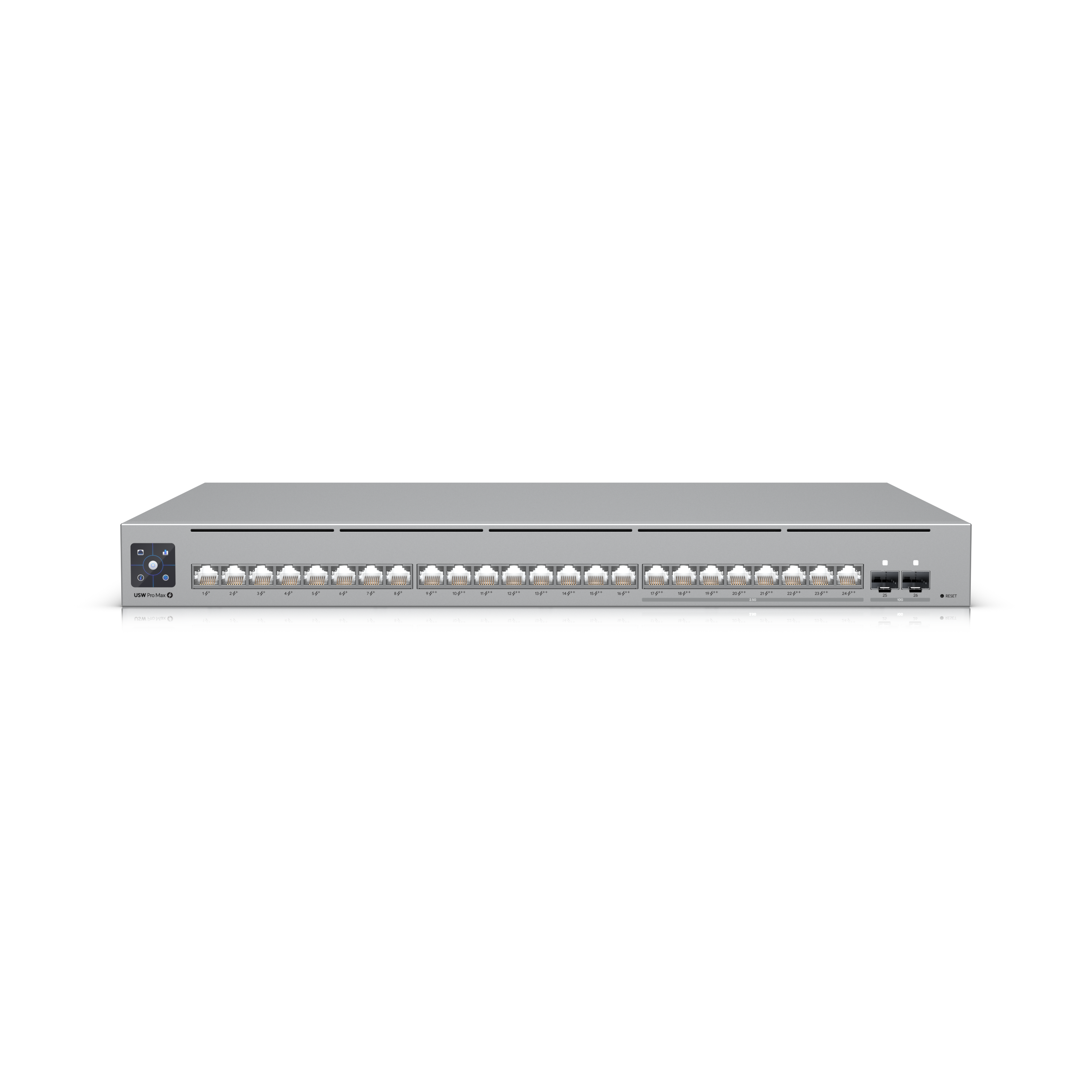Associate
- Joined
- 20 Jul 2007
- Posts
- 2,163
- Location
- A sunnier or damper area than Ron-ski....
Hi all,
Ok, I've got several PCs with 10gbe network ports and then I've just set up my new QNAP TVS-h874, which as well as being an absolute monster, has 4 x 10GBe connections on it (with expansion card).
So my question is what's the best way to network PCs onto this? I could just run dedicated CAT6 cables from each PC and then the PCs also have secondary network cables to connect to broader network, but I suspect it's time to drop in an intermediary switch that can deal with 10gbe?
If so, any recommendations on best models/brands for this at the moment? I'll certainly be giving it an absolute battering as I tend to transfer large files/photos/videos/AI models etc constantly between the NAS and PCs....!
Ok, I've got several PCs with 10gbe network ports and then I've just set up my new QNAP TVS-h874, which as well as being an absolute monster, has 4 x 10GBe connections on it (with expansion card).
So my question is what's the best way to network PCs onto this? I could just run dedicated CAT6 cables from each PC and then the PCs also have secondary network cables to connect to broader network, but I suspect it's time to drop in an intermediary switch that can deal with 10gbe?
If so, any recommendations on best models/brands for this at the moment? I'll certainly be giving it an absolute battering as I tend to transfer large files/photos/videos/AI models etc constantly between the NAS and PCs....!




 .
.